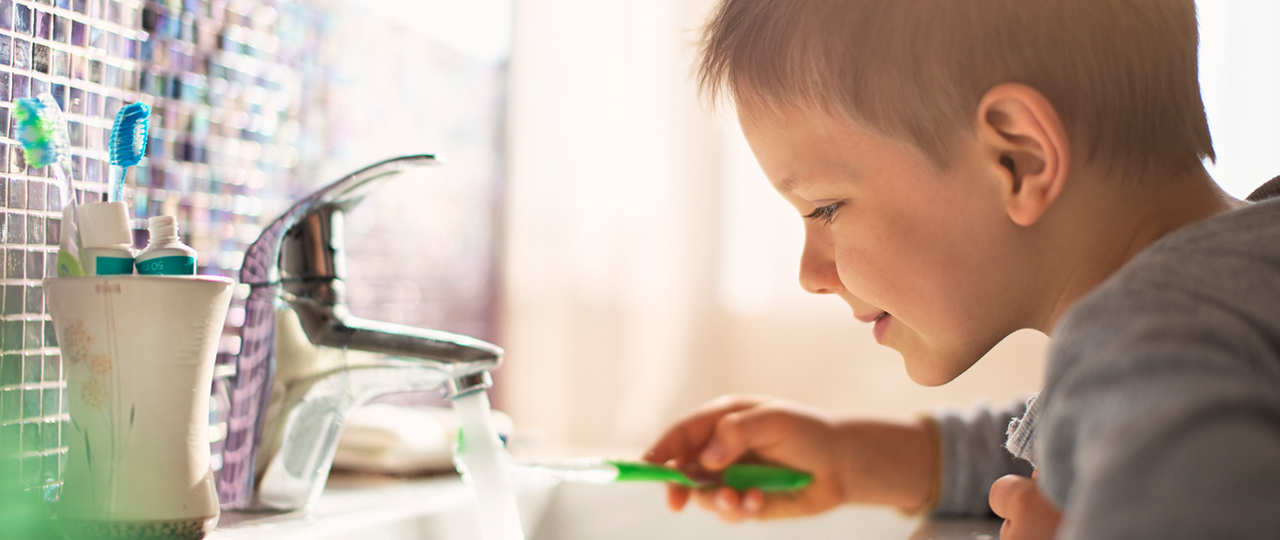How you brush and how often can make or break your dental health.
The basics of brushing your teeth seem pretty simple: Brush twice a day and floss once a day. But there’s more to it if you really want to learn how to brush your teeth. The way you brush your teeth, the length of time you spend brushing and what you’ve done just before brushing all contribute to your overall dental health.
To learn more about brushing blunders that could wreak havoc on your teeth, we sat down with Julie W. Rezk, DMD, assistant professor, Department of Oral and Maxillofacial Surgery, Orthodontics and Dentistry at Vanderbilt University Medical Center.
Blunder 1: Brushing too hard and/or back and forth
To brush teeth correctly, you should do so at a 45-degree angle to your gum line. Check out this Medchrome video to view the modified Bass brushing technique. Or download a PDF from Mouth Healthy. “Circular motions with the toothbrush allow for bristles to ‘sweep’ just slightly under the gum line to help clean the sulcus,” Rezk says. “The sulcus is the small pocket that surrounds each tooth.” Plaque can get trapped there and cause inflammation. Learn more about plaque here.
Brushing too hard or back and forth can cause your toothbrush bristles to create notching at the gum line of a tooth. Over time, if the notching enters the dentin layer, which is softer than the tooth’s enamel layer, decay can occur.
Blunder 2: Brushing too soon after an acidic meal or beverage
Wait 30 minutes after eating sugary, acidic or sour foods, or drinking juices or carbonated beverages. If you need to brush sooner, rinse your mouth with water before doing so. “If you eat an especially acidic meal, your teeth are still in the demineralization stage — when the tooth is breaking down,” Rezk explains. “There could be more structural breakdown of the tooth from the toothbrush abrading away tooth structure while the demineralization is still ongoing.”
Blunder 3: Brushing too often
The American Dental Association recommends brushing twice a day. “I advise brushing once in the morning when you wake up and once at nighttime before you go to bed,” Rezk says. Brushing more often isn’t necessary and could lead to damage if a person brushes too vigorously or too soon after certain meals.
Blunder 4: Not spending enough time brushing
Spend two minutes brushing each time you brush. “That comes to 30 seconds per quadrant,” Rezk explains. “Studies show that, on average, most people spend only 47 seconds brushing.”
Blunder 5: Forgetting to floss
The American Dental Association recommends flossing once a day. “This will help prevent plaque and calculus buildup, which will then help to prevent periodontal disease and allow for good systemic health,” Rezk says. “Your mouth is important and plays a key role in keeping you healthy. Make sure to take care of it!”

